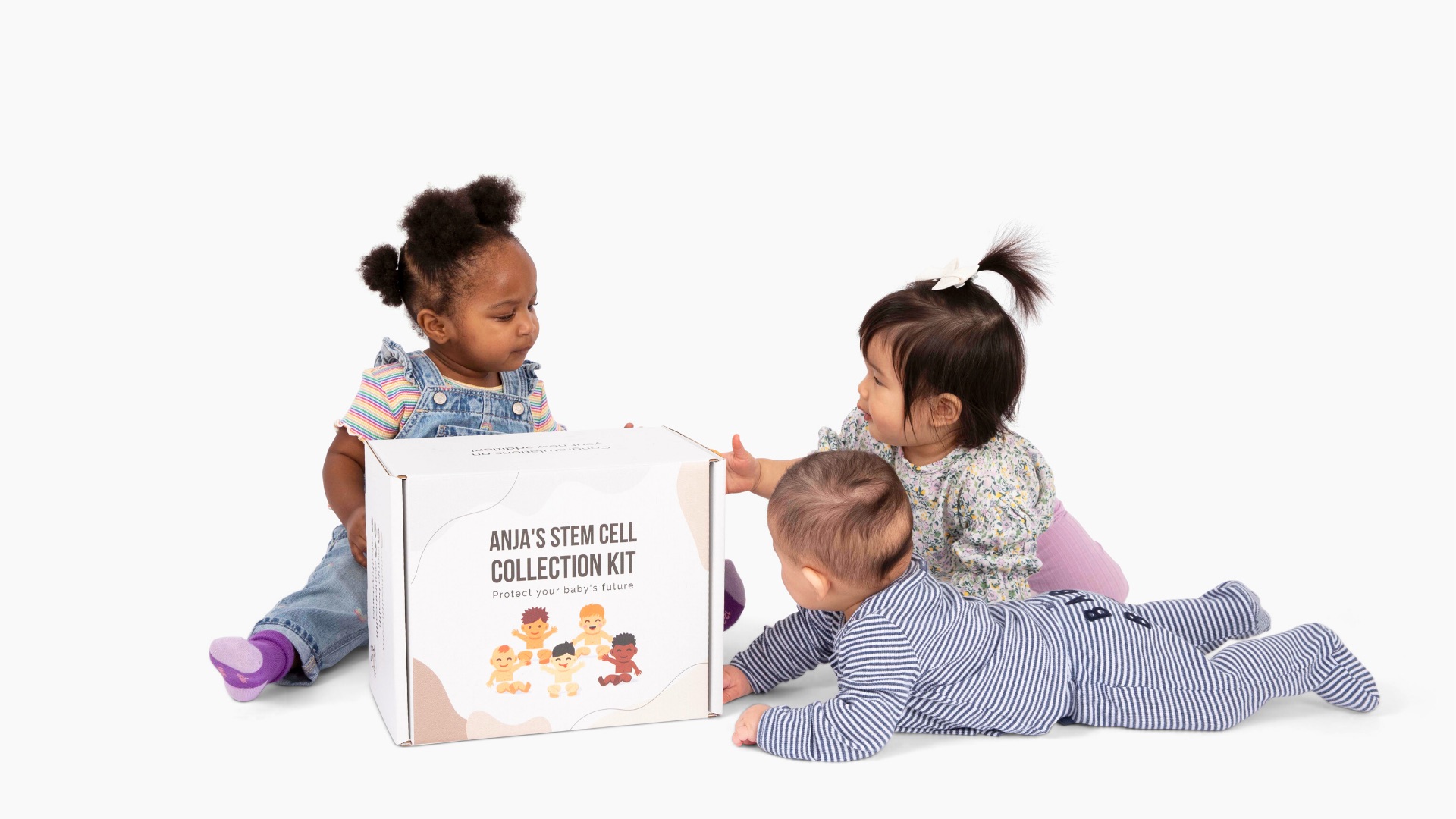
Harnessing the Power of Stem Cells Through Cord Blood Banking
Stem cells are special human cells that have the potential to become many different types of cells, such as brain cells, muscles cells, and more. These cells have the potential to treat, or even sometimes reverse diseases that have left patients of the past without effective options. Umbilical cord blood banking provides potential treatments for many of the medical conditions we hope our children and family members never have to suffer through.
What is Cord Blood Banking?
Cord blood banking refers to the freezing and storage of umbilical cord blood and tissues. In the time leading up to delivery, there is a transfer of powerful stem cells and other immune-boosting cells between the mother and fetus. These cells remain in the blood and are often discarded with the umbilical cord and placenta.
Cord blood and tissue banking involve collecting the blood and tissues that contain these cells and freezing them for a later date, when they may be used to treat a variety of illnesses that were previously thought to be difficult to treat or incurable.
Did you know? Umbilical cord blood banking is OB, Midwife, and Doula recommended!
Types of Stem Cells Obtained from Cord and Tissue Banking
There are two main types of stem cells acquired during cord blood and tissue banking: hematopoietic stem cells and mesenchymal stem cells.
Hematopoietic Stem Cells
Hematopoietic stem cells are obtained through umbilical cord blood banking and are approved by the FDA to treat a variety of illnesses, including blood disorders (e.g. sickle cell anemia), immune disorders (e.g. multiple sclerosis, rheumatoid arthritis), and cancer (e.g. lymphoma, leukemia, myeloma). There are also over 1000 ongoing clinical trials examining other use cases.
Mesenchymal Stem Cells
Mesenchymal stem cells are found in the umbilical cord tissue, placenta, and bone marrow. They are powerful stem cells used to treat a variety of chronic and progressive medical conditions, including lung disease, Autism, Alzheimer’s disease, heart disease, and hair loss.
Public vs. Private Cord Blood Banking
While you have the option of receiving cord blood or tissue from a donor via a public cord blood bank, serious side effects may occur. There is a high risk of incompatibility, which may result in a range of significant acute or chronic symptoms.
Since the body is meant to attack foreign bodies it sees as dangerous, a condition called graft- versus-host disease may develop as a result of a stem cell transplant from a donor. This occurs when donor stem cells see the transplant as an immune system invasion. The body rejects the healthy new stem cells, leading to harmful symptoms and sometimes death.
By using stem cells you’ve privately banked that are at least a partial match, you greatly reduce the risk of developing such complications. When banking your cord blood and tissue for future personal use, the cells are always a match for who they came from. They may safely be used as a treatment for family members as well.
Siblings have a 75% chance of being a match, while parents are always a 50% match for their children. Extended family, such as aunts and uncles, also have a probable chance of being a partial match, which could have a significant impact, should they need treatment.
How Can Recipients Benefit From Private Cord Blood Banking?
Significant improvements have been observed in medical conditions with the help of stem cells. These improvements include but are not limited to:
● Reversing Type 1 Diabetes
● Significantly improving symptoms of Crohn’s disease
● Improving motor function in children with cerebral palsy
● Promoting CAR T-cell therapy, an immunotherapeutic cancer treatment
● Aiding in heart failure treatment
● Showing protective effects on hair loss
How To Store Your Cord Blood and Tissue Stem Cells
To bank your baby’s umbilical cord blood, cord tissue, or placenta, order a collection kit before your due date. Store the kit at room temperature and bring it with you to the hospital. When you arrive at Labor & Delivery, tell the admitting nurse that you plan to collect your stem cells. Before birth, tell your healthcare provider that you have the kit ready for collection.
Your collection kit from Anja Health has everything you need and their stem cell banking experts will help guide you through the process.
Use the discount code GOLD to receive 90% off the price of your collection kit!
After the birth of your child, the team at Anja Health will collect your kit from the hospital and take care of everything, including viability testing, optimization, and cryogenic storage in their AABB-accredited, FDA-approved lab in New Jersey.
If the time comes, you’ll be glad to know you have the stem cells to help your child or other members of your family when they’re in need!
